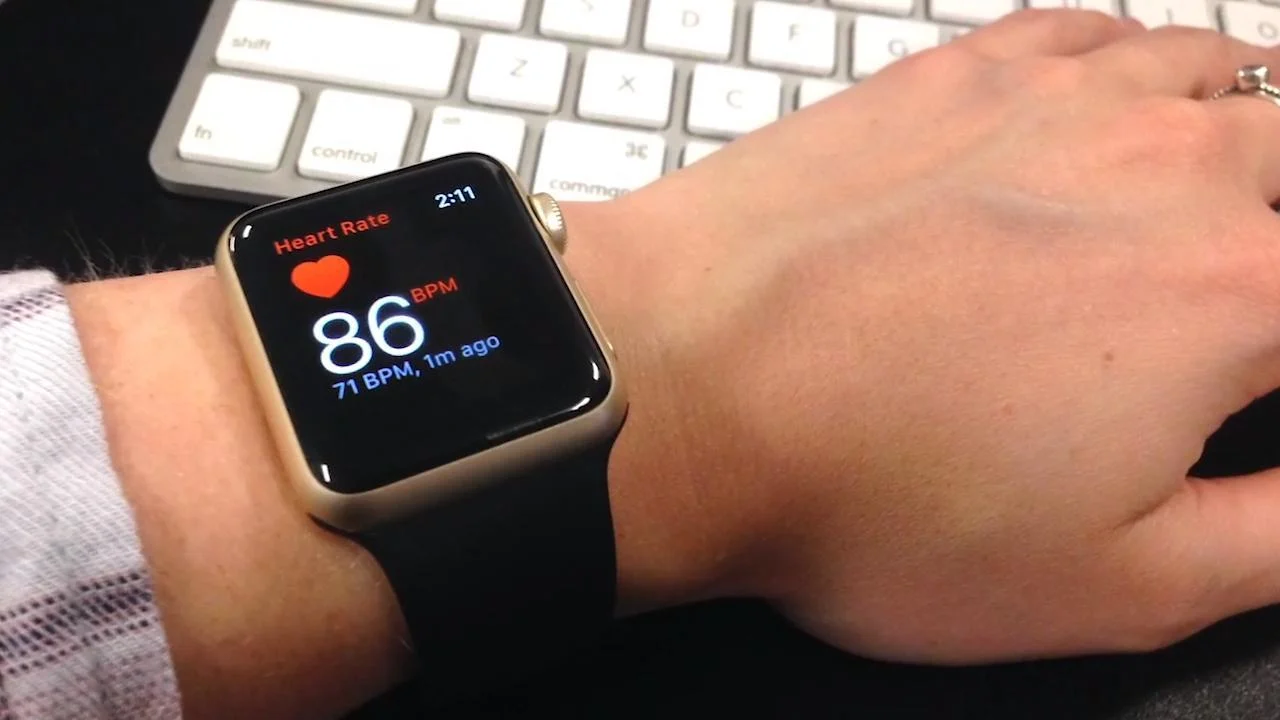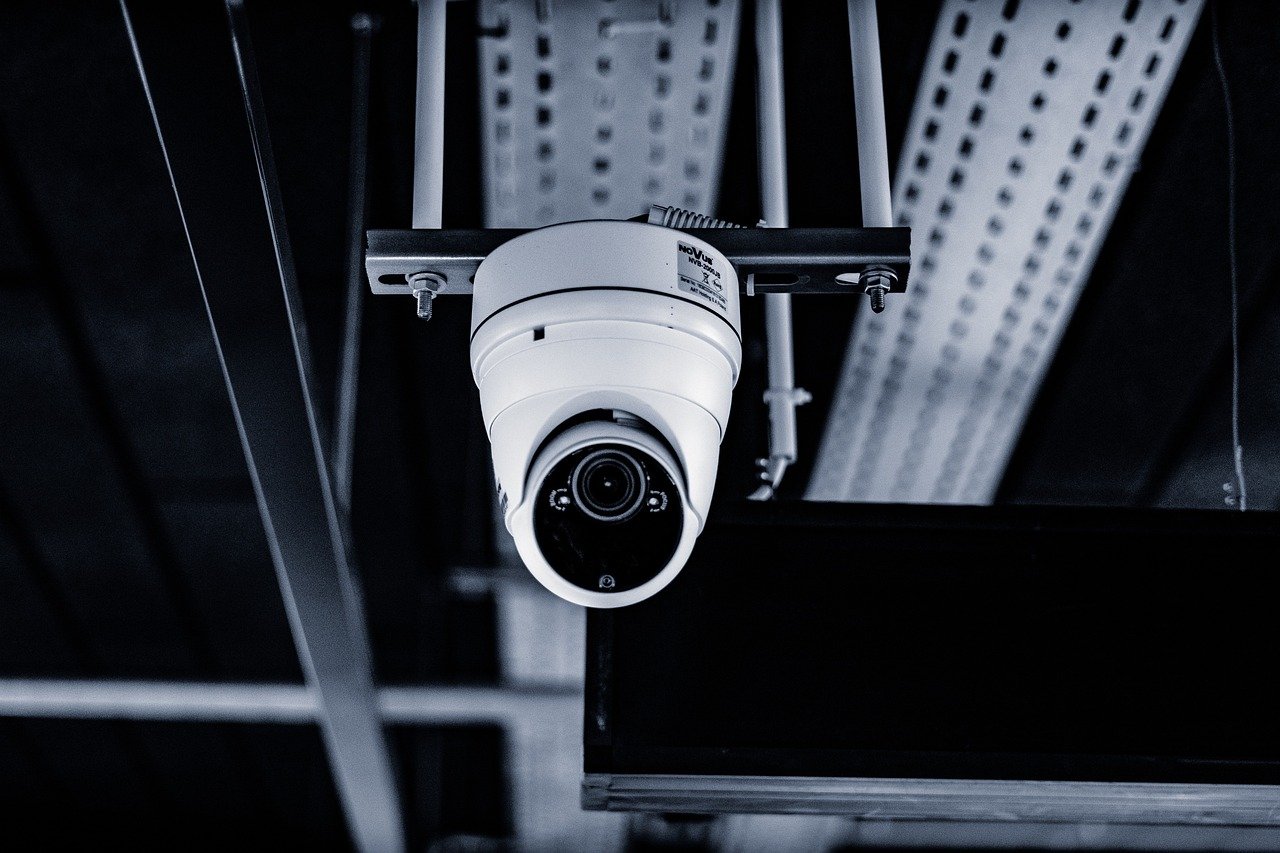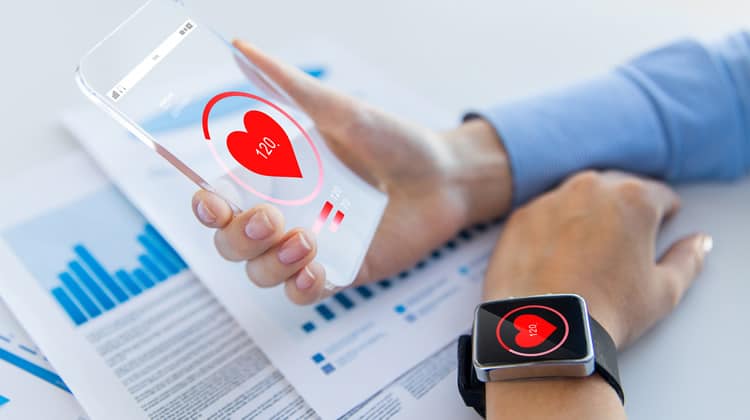The Growing Impact of Wearable Devices in Healthcare
Wearable devices in healthcare have revolutionized the health industry, offering new possibilities for monitoring and managing health conditions. These compact devices, worn on the body or integrated into clothing or accessories, provide real-time data on various health parameters. With the advancement of technology, wearable devices have become more accurate, user-friendly, and affordable, making them accessible to a wider population.
Table of Contents
Enhancing Patient Monitoring and Management
Wearable devices in healthcare play a crucial role in patient monitoring and management. These devices can continuously track vital signs such as heart rate, blood pressure, and oxygen saturation levels. The data collected can be instantly transmitted to healthcare professionals, enabling remote monitoring and timely interventions. This has proven particularly beneficial for individuals with chronic conditions who require regular monitoring.
Empowering Individuals in Self-Care
Wearable devices in healthcare empower individuals to take charge of their own health by providing them with actionable insights. With the help of wearable devices, individuals can track their physical activity, sleep patterns, and calorie intake. This information can be used to set goals, monitor progress, and make informed decisions regarding their health and well-being. Wearable devices also serve as motivators, encouraging individuals to lead healthier lifestyles.
Advancing Preventive and Diagnostic Capabilities
The integration of wearable devices in healthcare has significantly advanced preventive and diagnostic capabilities. For example, wearable devices can detect irregular heart rhythms, abnormal sleep patterns, and changes in activity levels, which may indicate underlying health issues. By identifying these problems at an early stage, healthcare professionals can intervene promptly, potentially preventing the development of more serious conditions.
Facilitating Remote Healthcare Delivery
Wearable devices have become invaluable tools for remote healthcare delivery, especially in rural or underserved areas. Patients can wear these devices and share real-time health data with healthcare providers located miles away. This eliminates the need for frequent hospital visits, reduces healthcare costs, and enhances accessibility to medical care. Wearable devices can also enable virtual consultations, allowing healthcare professionals to remotely assess patients and provide guidance.
Improving Medication Adherence and Treatment Outcomes
Medication adherence is a critical aspect of managing chronic conditions. Wearable devices in healthcare can be programmed to remind individuals to take their medications on time. Moreover, some wearable devices are capable of monitoring medication intake, ensuring that patients follow their prescribed regimens. By promoting medication adherence, wearable devices contribute to better treatment outcomes and improved overall health.
Enhancing Safety and Emergency Response
Wearable devices play a vital role in enhancing safety and emergency response in healthcare settings. For instance, devices equipped with fall detection sensors can alert healthcare providers or emergency contacts in case of a fall or accident. Wearable devices can also monitor vital signs during physical activities, helping prevent overexertion or exertion-related complications. These features provide reassurance and peace of mind to individuals and their caregivers.
Addressing Mental Health and Well-being
Mental health is an integral part of overall well-being, and wearable devices in healthcare are increasingly being utilized to address mental health concerns. Some devices can monitor stress levels by analyzing heart rate variability or skin conductance. They can also track sleep quality and patterns, which have a significant impact on mental health. By providing insights into these aspects, wearable devices contribute to the holistic management of mental well-being.
Overcoming Challenges and Ensuring Privacy
While wearable devices hold immense potential in healthcare, there are challenges that need to be addressed. Data security and privacy concerns are paramount, as these devices collect sensitive health information. Stricter regulations and standards must be established to ensure the safe storage and transmission of data. Additionally, wearable devices should be user-friendly and accessible to individuals of all ages and abilities to maximize their benefits.
The Future of Wearable Devices in Healthcare
The future of wearable devices in healthcare is promising. As technology continues to advance, wearable devices will become even more sophisticated, accurate, and seamlessly integrated into our daily lives. They will play a pivotal role in preventive care, early disease detection, and personalized treatment plans. Wearable devices will empower individuals to actively participate in their healthcare journey, promoting a proactive approach to well-being.
Wearable devices in healthcare have become invaluable tools, revolutionizing the way we monitor and manage our health. From tracking vital signs to promoting self-care and facilitating remote healthcare delivery, these devices have the potential to improve treatment outcomes and enhance overall well-being. With advancements in technology and increasing accessibility, wearable devices are set to play a vital role in transforming the healthcare landscape, empowering individuals to take control of their health, and revolutionizing the delivery of healthcare services.
Conclusion – wearable devices in healthcare
Wearable devices have emerged as game-changers in the healthcare industry, revolutionizing patient monitoring, self-care, preventive care, and diagnostics. These devices offer numerous benefits, including remote healthcare delivery, enhanced safety, and improved treatment outcomes. However, it is crucial to address challenges related to data privacy and usability. With ongoing advancements, wearable devices will continue to transform healthcare, empowering individuals and healthcare professionals alike. The future holds immense potential for wearable devices, paving the way for a healthier and more connected world.
Learn about: Unleash your creativity and transform your space! Discover 10 inspiring home DIY project ideas to beautify your home today.



